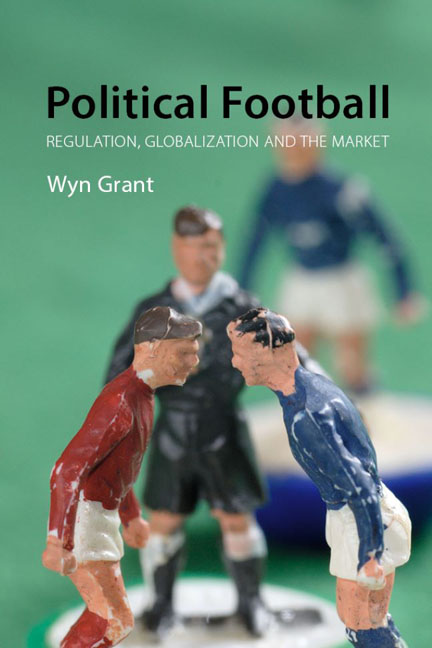6 - Women’s football
Published online by Cambridge University Press: 20 December 2023
Summary
A record 11.7 million viewers tuned in to see England's 2019 Women's World Cup semi-final loss to the United States; 38,262 supporters watched the North London derby between Tottenham Hotspur and Arsenal in November 2019. In the summer of 2020 Women's Super League (WSL) clubs made a number of signings of key players from the United States and from leading French club Lyon. Chelsea completed a world record deal of around L300,000 for Danish attacker Pernille Harder. It could justifiably be claimed that “women's football is going through seismic change on an unprecedented scale, as men's clubs and commercial partners finally begin to get serious about it” (Brewin 2020: 55).
Referring to women's football implies that it is something unusual and different from the men's game. A controversial question is, “why should women's and men's football be kept separate? … What is it about sociocultural understandings of women's and men's bodies that mean it is impossible for them to appear – officially – on the same field of play?” (Caudwell 2011: 339). As it is, the whole history of women's football “is a story of repression and exclusion” (Koller & Brändle 2015: 276). This is in large part because the presence of women in football is seen to challenge traditional notions of masculinity. One of the oldest clichés in football is that it is a “man's game”. Hence, “the foundational fact that football was a locus of masculine self-representation changed very little. Football remained a starkly masculine sport” (Koller & Brändle 2015: 266). Many of the standard treatments of the economics of football either do not mention the women's game at all or only do so in passing.
Even when women have been present, they have often been largely invisible, as was the case for female fans for much of the period when football was a popular spectator sport
- Type
- Chapter
- Information
- Political FootballRegulation, Globalization and the Market, pp. 105 - 124Publisher: Agenda PublishingPrint publication year: 2021



